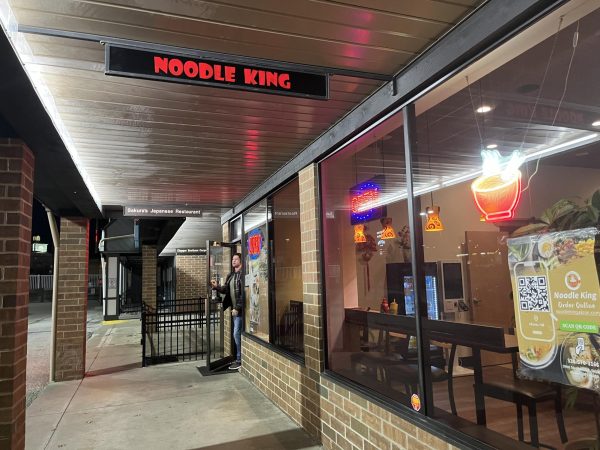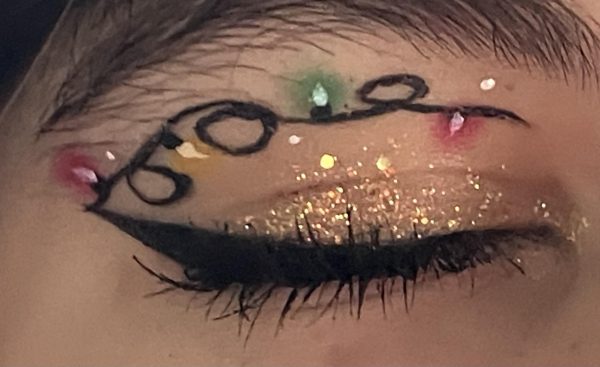Websites encourage unhealthy eating habits for teens
When one goes on the computer, a person can stumble upon many different websites. When a person looks through different websites, one can find a website supporting unhealthy eating habits. As a person goes through these websites, he or she will begin to become influenced by the “tricks” and “miraculous” weight loss stories that one reads about.
Many websites influence the eating habits of teens in an unhealthy way by promoting the terms “pro-mia” and “pro-ana.”
“Pro-mia” and “pro-ana” refer to the support of people who are anorexic or bulimic. Over the recent years, this trend has become more noticeable throughout the internet. Karen R. Koenig, LCSW, M.Ed., is a psychotherapist and the author of five books on eating and weight. Koenig explained why she believes this trend has become so popular recently.
“We live in the most fat phobic, thin obsessed culture in the history of the world, so it makes sense that this extreme, unhealthy cultural bias will produce more of itself. We have institutionalized thinness as being almost holy, so we can’t expect that people (mostly women) won’t try to live up to self-destructive norms, even if it kills them,” Koenig said.
People visit these websites as a means of finding motivation and support for eating disorders. Koenig described how these websites impact people.
“There’s weight in numbers. If we think of something ourselves and don’t hear or see it repeated in the general population, we come to realize that our thinking just might be off. But when lots of people believe something, it makes it seem normal and acceptable, even though it’s anything but,” Koenig said.
Lauren Smolar is a helpline manager for nationaleatingdisorders.org. Smolar described why she thinks people visit these websites that promote eating disorders.
“It can normalize [eating disorders] a little bit. It can make people feel like they have a community. It can make people feel like they have places where people know what they are going through,” Smolar said.
According to Koenig there is a difference between people who visit these websites with eating disorders versus people with eating disorders who do not visit these websites.
“There is reality, which is understanding the correlation between actions and consequences, and denial, which is ignoring consequences. People who are attracted to these sites are not dealing with reality but with hopes and dreams and fantasies. They are also disconnected from their bodies even while they’re obsessed with them and don’t value themselves in authentic ways. Low self-esteem and lack of self-love come before eating disorders,” Koenig said.
The trend of “pro-mia” and “pro-ana” are promoting eating disorders through groups on the internet while some groups have even started selling bracelets with the sayings “pro-mia” and “pro-ana” written on them. Smolar explained her thoughts on the bracelets.
“We understand the appeal of trying to find a community, but that’s certainly not a healthy community to be part of. It can be a very dangerous thing for somebody to feel like that,” Smolar said.
These websites give teens a positive view of eating disorders such as anorexia and bulimia. “Pro-mia” and “pro-ana” are influencing teens eating habits and their mental perspective on eating disorders.




